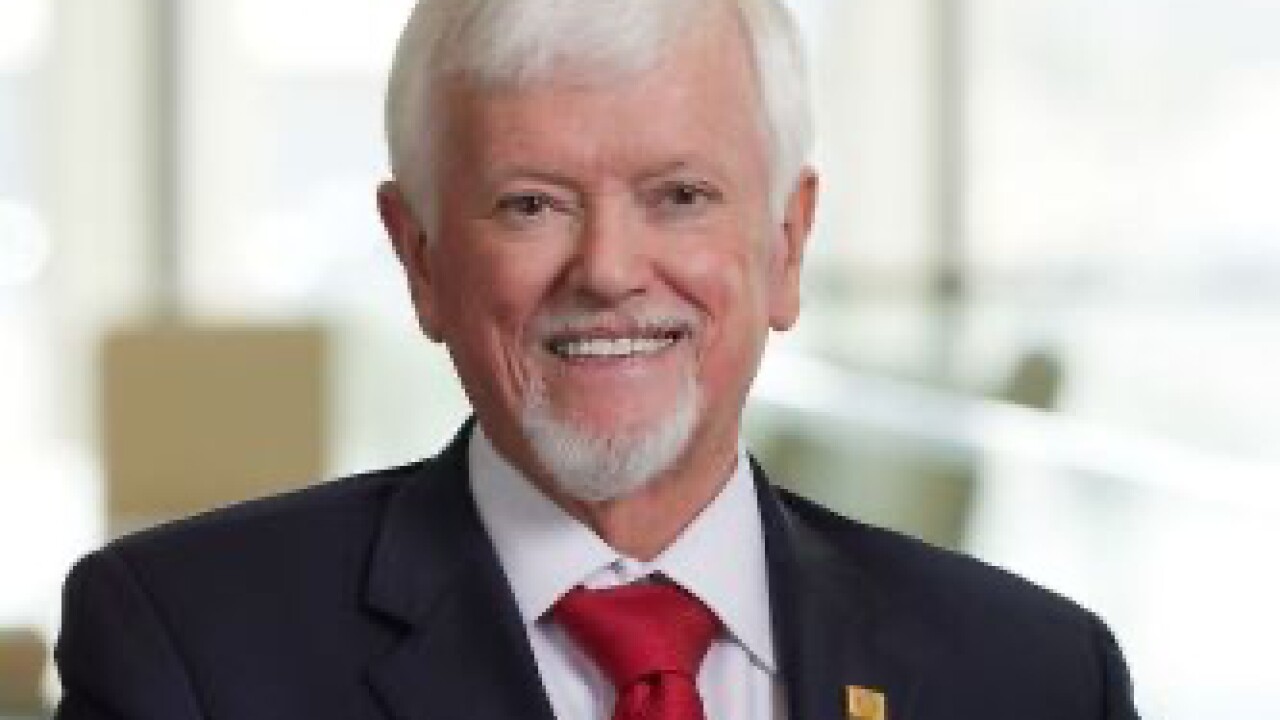
UMB Financial has again bulked up its massive health savings account business.
The Kansas City, Missouri-based bank said Tuesday that it bought a $32.5 million portfolio of HSA deposits from Old National Bancorp, growing its HSA book by about 1%. Old National is offboarding some 8,000 HSA accounts as it digests its acquisition of Bremer Bank, which closed earlier this year.
While this HSA transaction is connected to Old National's latest bank acquisition, it isn't the first time UMB has tapped the Indiana bank to grow its health savings account business. In 2022, UMB bought $400 million in HSA client deposits from Old National, made up of about 157,000 accounts and 3,000 employer groups. At the time, UMB said its focus was on growing its direct-to-employer HSA business.
Evansville, Indiana-based Old National had been offering HSAs since 2004, but it exited the business with the 2022 transaction, as UMB also took on the Midwest bank's nine-person team.
UMB's health care payments division is one of the largest HSA providers in the country. It serviced nearly 1.6 million HSAs, totaling more than $4.6 billion in HSA assets and deposits, as of June 30, the bank said. Total purchase volume across the bank's five million-plus health care debit cards exceeded $11.9 billion in 2024.
The line of business makes up 6% of UMB's total deposits.
Brian Hutchin, director of health care services at UMB, said in a prepared statement Tuesday that HSAs can help clients manage their health care expenses, while also planning for retirement.
"This investment to grow our healthcare services business reflects our ongoing commitment to maintaining our position as an industry leader and delivering innovative, customer-focused solutions to our accountholders," Hutchin said.
The HSA business helps boost the fee revenue that UMB collects from debit-interchange charges and pads the bank with low-cost, sticky deposits.
One of UMB's largest competitors in the space is Webster Financial. The Connecticut-based bank boasted an HSA deposit portfolio of $9.1 billion, or 14% of its total deposits, as of June 30.
The business has grown steadily, and it stands to benefit further from a portion of this year's massive budget reconciliation bill, which loosened certain HSA rules.
An earlier version of the legislation had proposed drastically expanding HSAs, opening the market up to an estimated 20 million additional people and increasing contribution limits, but what ultimately passed was somewhat more moderate.
Jim Rine, president of UMB and CEO of its banking subsidiary, said on the bank's latest earnings call that UMB's team estimates the HSA market growth to be closer to 7 million as a result of the legislation.
"There'll be a lot of education that will go along with the folks that are really eligible, but we don't anticipate it being a huge windfall for our HSA business," Rine said on the July call. "We feel it will be more on the margin."
Luis Massiani, president and COO at Webster, said on the bank's second-quarter earnings call that he expects the bill's HSA provisions to "significantly increase" the addressable market for Webster. He said the bank was projecting deposit growth ranging from $1 billion to $2.5 billion over the next five years, though with a "somewhat lengthy" ramp-up period for adoption.
Across the country, more than 37 million health savings accounts existed at the end of 2023, covering more than 61 million Americans, according to a survey by the HSA investment solution provider Devenir and the American Bankers Association's HSA Council.
Meanwhile, UMB is also integrating its own recently-completed bank acquisition. The $71.8 billion-asset bank closed on its purchase of Heartland Financial USA in January, which has helped boost its loans and deposits, and grown its footprint from eight states to 13, including California, New Mexico and Iowa.. UMB expects to complete its systems conversion in October.





